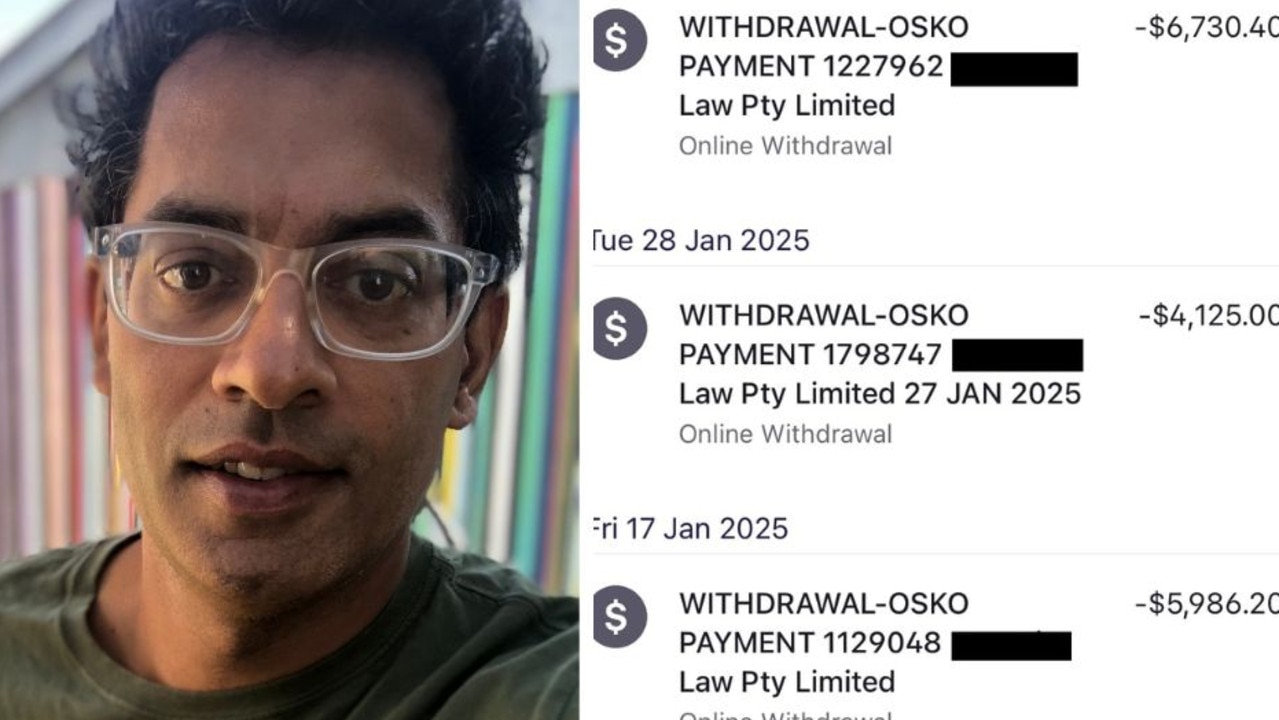New research makes grim revelation about how women survive ‘earnings shock’
New research has revealed how much worse women suffer from economic hardship compared to men.

Almost 80 per cent of female employees in Australia will experience at least one crippling “earnings shock” during their career where their income drops by 40 per cent, new research has revealed.
Tax data analysed by the Melbourne Institute showed these shocks often took years to recover from and many failed to return to pre-shock earnings within five years.
Meanwhile, just six in 10 men experienced the same and those that did, would typically recover within five years, according to the research, The Australian reported.
The report, based on 26 years of data, found high earning women were most likely to experience a sudden loss of earnings but unlike men, it wasn’t necessarily correlated to unemployment.
According to the report which was published on the International Day for the Eradication of Poverty during Anti-Poverty Week, revealed that women in all income brackets took far longer than men to financially recover from an earnings shock.

“Regardless of whether a sharp decrease in earnings is for voluntary or involuntary reasons, it increases the risk of not being able to pay bills and other expenses, which can lead to a decline in economic and social wellbeing,” the report said.
“While macroeconomic measures … are critical for understanding economic health of a country or state, we should be using more finely tuned measures to better understand the best mechanisms for supporting individual and family-level wellbeing.”
For both genders, major earnings shocks occurred between the ages of 30 and 34, however for men it was more closely linked with unemployment.
For women, family composition and voluntary reduction of income was more likely to be a factor.
Co-author of the report and Melbourne Institute director, Abigail Payne, said the research provided insight into why financial stress was high and unemployment was low.
“Preventing spells of economic disadvantage is more nuanced than we may want to think,” Professor Payne told the publication.
“We should not think about one size fits all solutions but pursue an understanding of these nuances for particular subgroups, such as females with young families.”
Policies needed to be constructed around low income earners of both genders being more susceptible to earnings shocks compared to high earners, Anti-Poverty Week executive director Toni Wren said.
brooke.rolfe@news.com.au






